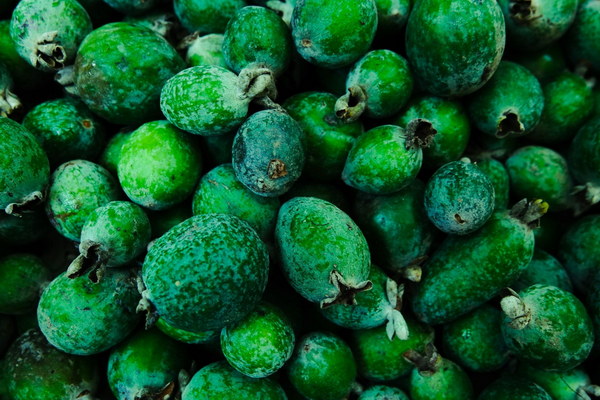Is There Any Truth to the Claim That Grapes Skin Can Help Improve Stomach Health
In recent years, there has been a growing interest in the nutritional benefits of grapes, particularly their skin. One of the most debated questions revolves around whether the skin of grapes can actually improve stomach health. This article delves into the research and opinions on this topic to provide a clearer understanding.
Grapes: A Nutritional Powerhouse
Grapes are not only delicious but also packed with essential nutrients. They are rich in antioxidants, vitamins, and minerals that can contribute to overall health. The skin of grapes, in particular, is believed to contain many of these beneficial compounds.
Antioxidants and Free Radicals
One of the primary reasons grapes are celebrated for their health benefits is their high content of antioxidants. Antioxidants are compounds that help neutralize free radicals, which are unstable molecules that can cause cellular damage and contribute to aging and diseases such as cancer.
The skin of grapes contains antioxidants like resveratrol, which has been extensively studied for its potential health benefits. Resveratrol is thought to have anti-inflammatory, anti-cancer, and heart-protective properties.
The Role of Grapes' Skin in Stomach Health
Now, let's address the main question: does the skin of grapes contribute to improved stomach health?
1. Gut Health
Grapes' skin is rich in fiber, which can be beneficial for gut health. Fiber helps to promote the growth of beneficial bacteria in the gut, which can improve digestion and reduce the risk of constipation and diarrhea. A healthy gut microbiome is crucial for overall health, including stomach health.
2. Inflammation Reduction
The antioxidants found in grape skin, such as resveratrol, have been shown to have anti-inflammatory effects. Chronic inflammation in the stomach can lead to conditions like gastritis or peptic ulcers. By reducing inflammation, grape skin may help alleviate these issues.

3. Antimicrobial Properties
Grape skin also contains compounds that have antimicrobial properties, which can help protect the stomach lining from harmful bacteria. This can be particularly beneficial for individuals with conditions like Helicobacter pylori infection, which is a leading cause of stomach ulcers.
What the Research Says
While there is limited scientific evidence specifically linking grape skin consumption to stomach health, several studies suggest that the compounds in grape skin may have a positive impact on gastrointestinal health.
A study published in the journal Nutrients found that grape seed extract, which contains antioxidants from grape skin, can help protect against oxidative stress and inflammation in the gut. Another study in Food & Function suggested that grape skin extract can improve gut microbiota diversity and reduce the risk of gastrointestinal diseases.
Practical Considerations
If you're interested in incorporating grapes, especially their skin, into your diet for stomach health, here are a few practical tips:
- Eat grapes whole, as the skin is where many of the beneficial compounds are found.
- Choose organic grapes to avoid exposure to pesticides.
- Consider grape skin extracts or supplements as an alternative if you prefer not to eat the fruit whole.
Conclusion
While more research is needed to fully understand the extent to which grape skin can improve stomach health, the current evidence suggests that it may have some positive effects. Incorporating grapes into your diet, with an emphasis on consuming the skin, could be a beneficial addition to a healthy lifestyle focused on gastrointestinal wellness. However, it's always best to consult with a healthcare professional before making significant changes to your diet or health regimen.









